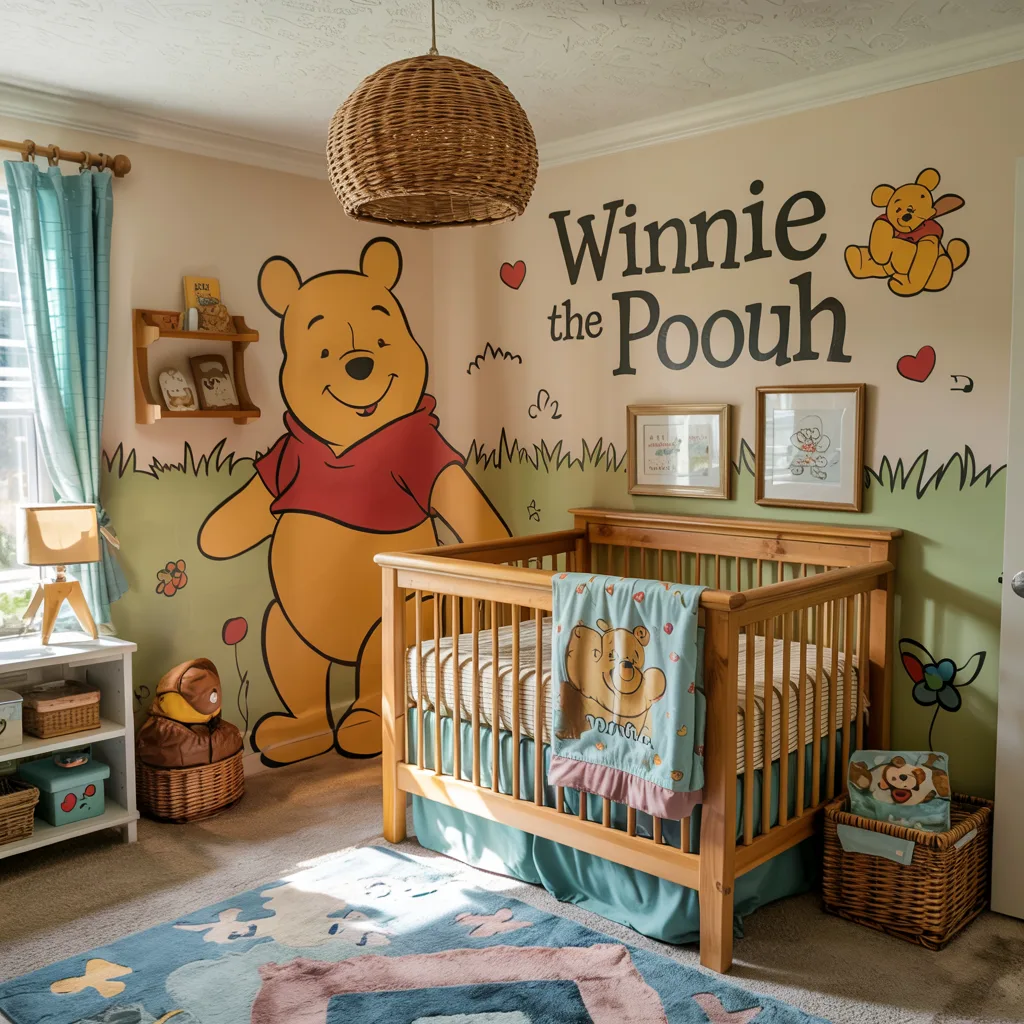Melatonin is a hormone that plays a crucial role in regulating sleep patterns. For parents, understanding when baby starts to generate melatonin can help ensure better sleep for both the baby and the family. In this article, we’ll explore the key points about newborn melatonin production, how it develops, and tips to support healthy sleep patterns.
Table of Contents
| Key Takeaways |
|---|
| Babies start producing melatonin around 3 months old. Newborns do not produce melatonin initially. Breast milk contains small amounts of melatonin. Exposure to natural light helps regulate melatonin production. Consult a pediatrician before using melatonin supplements for babies. |
Understanding Melatonin and Its Role in Sleep
Melatonin is often referred to as the “sleep hormone” because it helps regulate the sleep-wake cycle. It is produced by the pineal gland in the brain and its levels rise in the evening, signaling the body that it’s time to sleep. For babies, the development of melatonin production is a gradual process.
When Do Babies Start Producing Melatonin?
Newborns are not born with the ability to produce melatonin. According to research, babies start generating melatonin around 3 months old. This is why newborns often have irregular sleep patterns and may wake frequently during the night.
“Babies typically begin producing melatonin around 3 months of age, which helps them establish a more regular sleep pattern.” – Little Ones
Newborn Melatonin Production
In the first few months of life, newborns rely on external factors to regulate their sleep. These factors include feeding schedules, environmental cues, and the melatonin they receive through breast milk. Breast milk contains small amounts of melatonin, which can help soothe and calm the baby.
Do babies get melatonin from breast milk? Yes, breast milk contains trace amounts of melatonin. This natural hormone can help regulate the baby’s sleep patterns and promote better sleep quality.

How to Increase Melatonin in Babies
While it’s important to let your baby’s natural melatonin production develop, there are ways to support healthy sleep patterns:
- Expose Your Baby to Natural Light: Natural light helps regulate the body’s internal clock. Spend time outdoors during the day and keep the room bright during waking hours.
- Create a Consistent Bedtime Routine: A consistent bedtime routine can signal to your baby that it’s time to sleep. This can include a warm bath, reading a book, or gentle rocking.
- Avoid Bright Screens Before Bed: Exposure to screens (like smartphones or tablets) can suppress melatonin production. Avoid screen time at least an hour before bedtime.
- Ensure a Comfortable Sleep Environment: A cool, dark, and quiet room can help your baby sleep better. Consider using a white noise machine to create a soothing environment.
Melatonin for Babies: What You Need to Know

While melatonin supplements are available, it’s important to consult a pediatrician before giving them to your baby. Melatonin supplements are generally not recommended for babies under 6 months old. If your baby is having trouble sleeping, a pediatrician can provide safe and effective solutions.
3 Month Old Baby Melatonin: At 3 months, your baby’s natural melatonin production is just beginning. Focus on creating a supportive sleep environment and establishing a consistent routine.
Melatonin for Babies 6 Months: By 6 months, most babies have established a more regular sleep pattern. If you’re considering melatonin supplements, always consult a pediatrician first.
Frequently Asked Questions (FAQ)
When do babies develop melanin?
Melanin, the pigment responsible for skin color, begins to develop in the womb. However, the amount of melanin can change over time, especially in the first few years of life.
Can I give my baby melatonin supplements?
Melatonin supplements are generally not recommended for babies under 6 months old. Always consult a pediatrician before giving any supplements to your baby.
How can I help my baby sleep better?
Creating a consistent bedtime routine, exposing your baby to natural light during the day, and ensuring a comfortable sleep environment can all help improve your baby’s sleep.
Additional Resources
For more information on baby sleep and melatonin, check out these resources:
- Little Ones: Melatonin and Babies
- Springer: Melatonin and Sleep Regulation in Infants
- My Sweet Sleeper: Melatonin and Your Baby
- The Early Weeks: The Truth About Melatonin and Babies
Conclusion
Understanding when a baby starts to generate melatonin can help parents support their baby’s sleep patterns. While newborns do not produce melatonin initially, by around 3 months old, they begin to generate this important hormone. Creating a supportive sleep environment and following a consistent routine can help your baby sleep better. Always consult a pediatrician before considering melatonin supplements for your baby.
For more tips and advice on baby sleep, explore our other articles on baby sleep tips and creating a bedtime routine.











